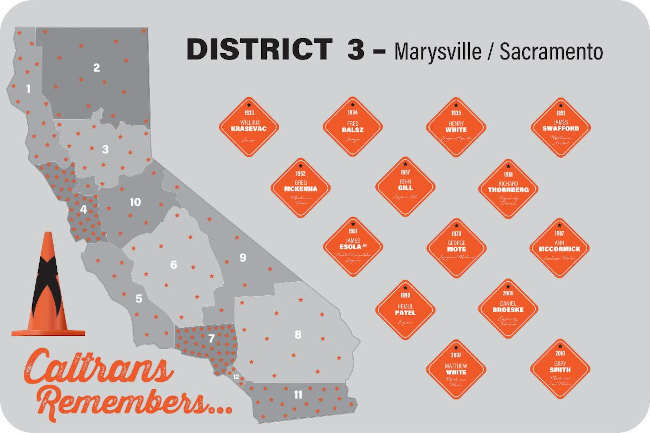- LAKE COUNTY NEWS REPORTS
- Posted On
Billionaires plan new city in Solano County
“Solano County contributes greatly to California’s reputation as being America’s breadbasket, so people in my district are understandably alarmed at a shadowy investment group buying up large tracks of farmland, purportedly to build a new city,” Sen. Dodd said.
“But we don’t really know what’s going on because the investors have not shared anything with locals,” Dodd said. “While California certainly needs more housing, we need to be intentional about how and where we develop. We need to be able to continue to produce food and avoid suburban sprawl. I’m calling on these developers to be fully transparent in their dealings and to abide by state and local land use regulations. Trying to subvert agricultural protections, public scrutiny and thoughtful decision making doesn’t fly.”
Sen. Dodd was speaking Tuesday about the Flannery Associates land purchases during an informational hearing of the Senate Agriculture Committee entitled “Navigating Threats to California Agriculture.”
The hearing can be found here.
Dodd represents the Third Senate District, which includes all or portions of Napa, Yolo, Sonoma, Solano, Sacramento and Contra Costa counties.







 How to resolve AdBlock issue?
How to resolve AdBlock issue? 




